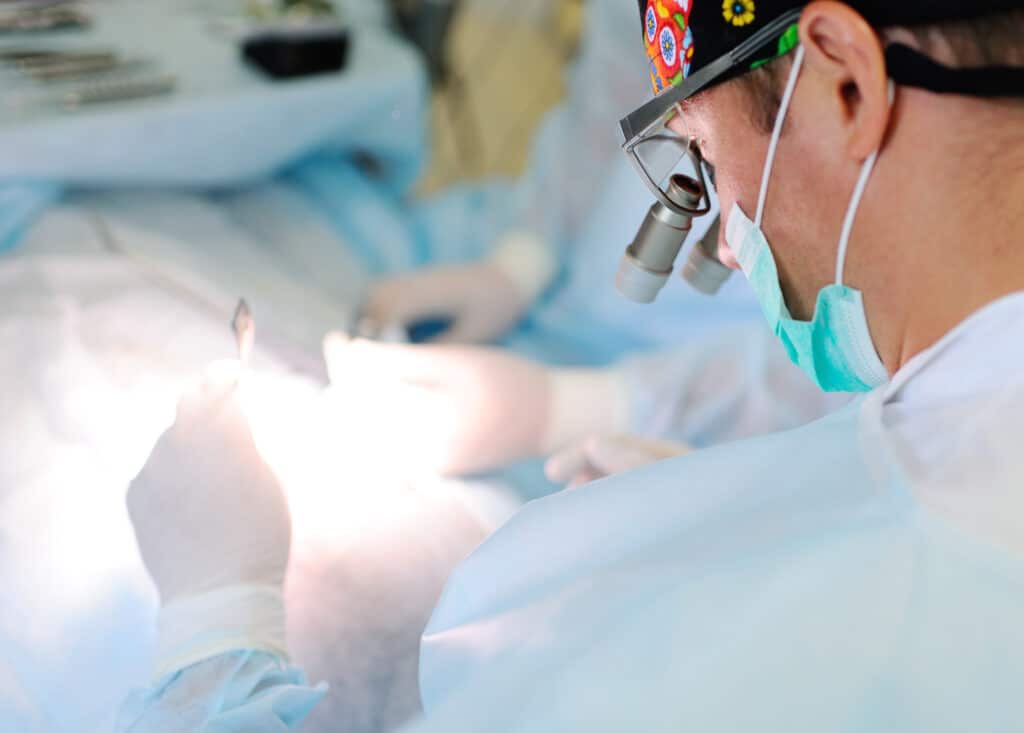
Kyphoplasty and vertebroplasty are minimally invasive procedures for the treatment of spinal vertebral compression fractures most commonly related to osteoporosis. The procedure benefits include relief of pain, correction of vertebral body fracture and for many getting back to a more normal life routine.
Osteoporosis is a common condition that affects millions of Americans. It is four times more likely in women than in men. It results in weakening of bones. Fractures of the spine and extremities can occur easier and create terrible pain. Treatment includes prevention of fractures, bracing and sometimes a kyphoplasty procedure for painful spinal fractures.
Your risk of developing osteoporosis is linked to ethnicity, genetics, nutrition or previous chemotherapy or radiation and certain medications.
Diagnosis is based on Bone density testing with DEXA (dual-energy X-ray absorptiometry) scans. Those at risk and all women over the age of 65, and all men over 70 should undergo annual Bone Density testing.
Treatment of Osteoporosis is with nutrition and medications. Basic types of medications include bisphosphonates which help reduce bone loss, hormonal agents, biologics and Anabolic agents that build bone such as Forteo.
Prevention should focus on lifestyle changes such as smoking cessation, nutrition and medical management as indicated.
Kyphoplasty is performed under sedation or general anesthesia in an office or hospital setting. Tiny incisions allow the entry of a working needle. Under live X-ray guidance the procedure is performed using a small dilator, balloon and finally slowly injecting the bone cement (polymethylmethacrylate, PMMA). The cement sets to quickly restore stability and stabilizes the vertebral body. Vertebral body height is often improved or restored. Pain is often immediately relieved. The procedure takes about an 30 minutes for each level treated.
Listed below are some of the benefits kyphoplasty offers.
All surgical procedures, including kyphoplasty and vertebroplasty, involve risks. Some risks and complications are not related to the procedure, but to your general health. Our team of pain management doctors or your neurosurgeon will discuss all the procedure details, including potential risks that are related to your specific case.
Take the first step towards a healthier, happier you at Olympia Institute. Our dedicated team of medical professionals is ready to guide you on your path to optimal well-being.